AO Edited
Ishikawa Island Lighthouse
This public bathroom takes the form of a 19th-century lighthouse that once stood on the spot.
An old district near the famous fish market of Tsukiji, Tsukuda is known as the birthplace of tsukudani, a traditional Japanese dish that goes along with plain rice. Made from such ingredients as seaweed, fish, clam, and even locust on occasion, it is typically prepared by simmering the ingredients in soy sauce and a kind of sake called mirin so that it would hold up well for some time.
Walk along the waterfront of Tsukuda today, and you would be in for a historic treat: there are numerous nearly-two-centuries-old tsukudani shops, lampposts designed in mock-Edo style, a big red tori’i gate leading to Sumiyoshi Shrine, and a quaint black-and-white tower standing tall atop a stone platform—the Ishikawa Island Lighthouse.
In the late 18th century, this little island was home to the Ninsoku-yoseba, a house of correction that was established in 1790. An innovative facility at the time, it was designed to confine petty criminals and vagrants for up to three years, offering them a job-training program. In 1866, the warden Junki Shimizu ordered the inmates to build a lighthouse at the location to guide the fishermen and merchants bound for the market. This came to be known as the Ishikawa Island Lighthouse.
It was lost in time, however, until the city brought it back as a monument as part of the construction of Tsukuda Park, in commemoration of the district’s bygone past. For visitors uninterested in history, the pseudo-lighthouse monument also serves a more mundane purpose: the park’s public restroom is located inside it.
Know Before You Go
About five minutes from Tsukishima Station; walk along the Sumida River and the lighthouse will come into sight before long.

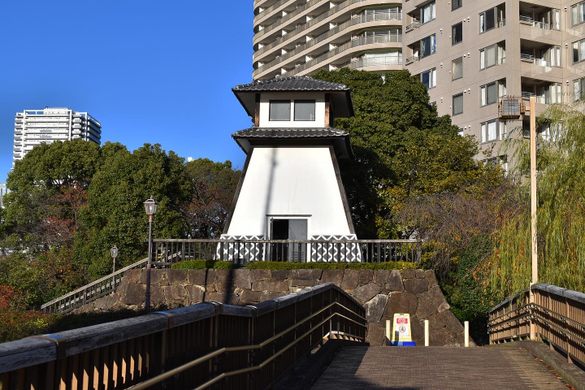
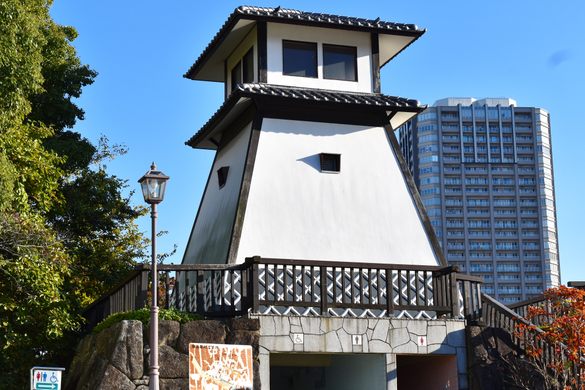
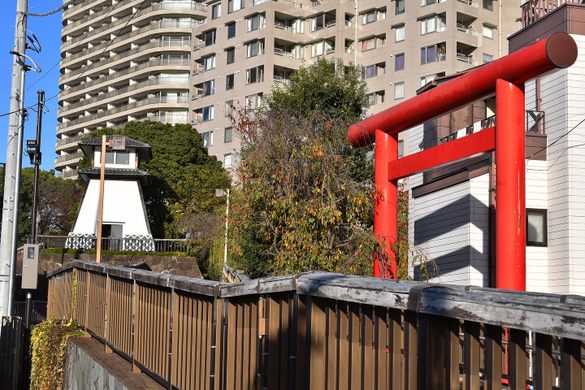
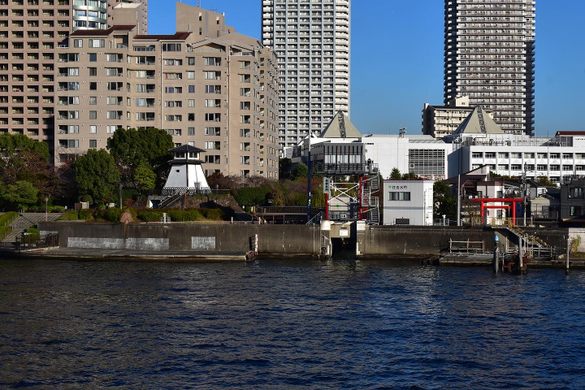
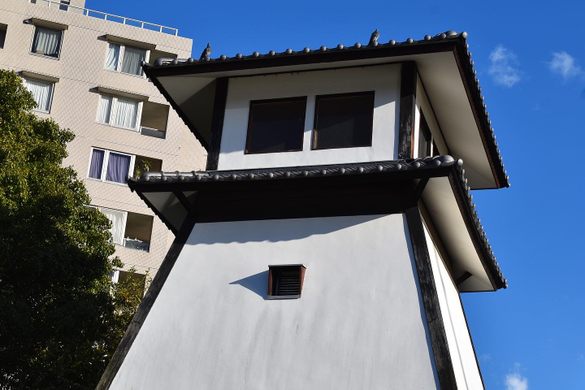



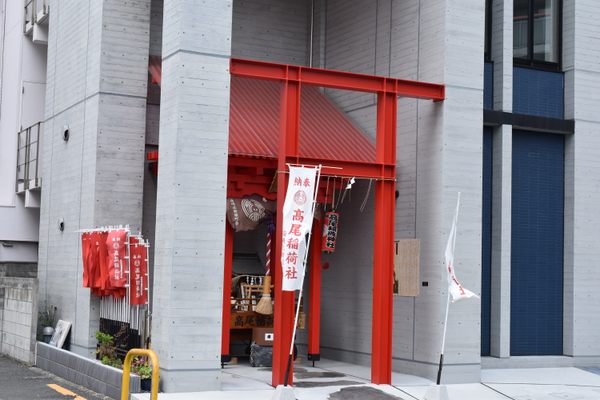



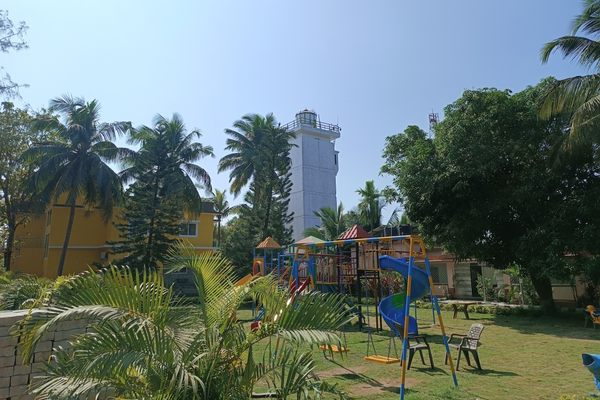


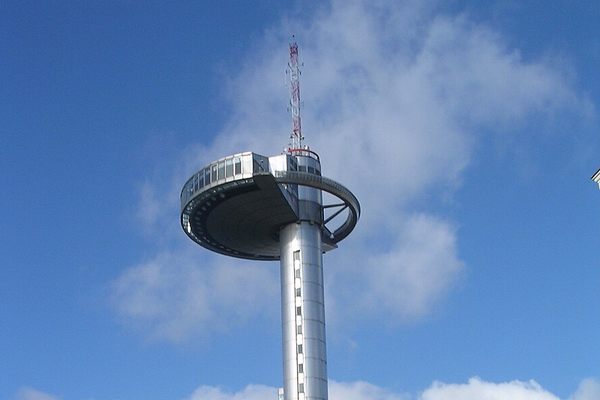

Follow us on Twitter to get the latest on the world's hidden wonders.
Like us on Facebook to get the latest on the world's hidden wonders.
Follow us on Twitter Like us on Facebook